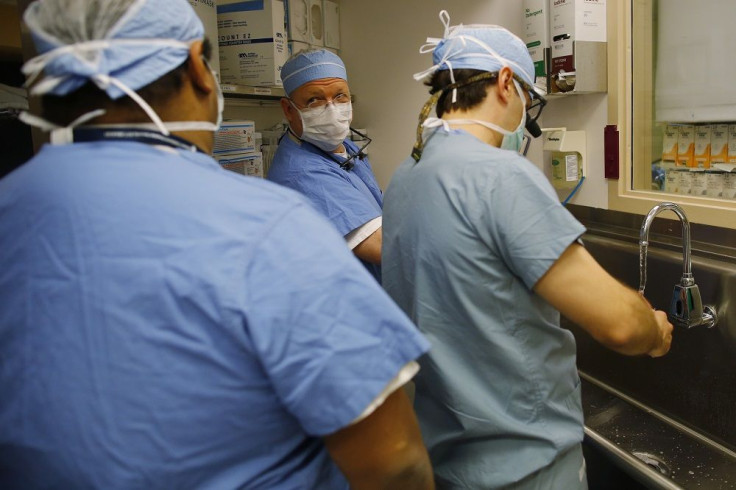Google Now Enters Operating Room To Assist Robotic Surgeries

Google’s Life Sciences division has joined hands with US giant Johnson & Johnson’s medical device division Ethicon to bring in robotic technology inside the operating room. In an announcement made by Johnson and Johnson, Google and J&J agreed to bring in a team comprising experts who’ll be exercising their best of their intellectual property, and abilities to develop robots that would help surgeon in the operating rooms.
The teaming up would lead into evolving a highly-advanced platform for robot- assisted surgeries in future. Andy Conrad, the Head of Life Sciences team at Google said, “We look forward to exploring how smart software could help give surgeons the information they need at just the right time during an operation. “
The partnership would soon revolutionise surgical sciences, as these robots would support surgeons in controlling medical instruments via computer with more finite control and accuracy – than is possible by normal human hands.
The collaboration is to explore how the sensors and progressive imaging would help surgeons’ ability for ex. highlighting tumour margins, blood vessels and other crucial structures inside a human body that are hard to detect under normal vision and sometimes even monitoring screens inside operating rooms.
This means if the move comes out as a success, it would also help in minimising entry wounds, resulting in less blood loss that seldom happen on operating table. A spokesperson from Google told Mashable that the search engine giant is not planning to take charge. Instead, it would allow Ethicon to make use of formers’ image-analysis & machine-vision software that would assist surgeons with better vision while they operate.
He adds, “The technology could also be used to provide surgeons using robotics tools with visual information "that’s relevant to the surgery at just the right time." In addition to this, these robots would also help in recording and analysing the data collected during the surgical procedures with an objective to improving surgical practices in future.
Until now Google Glass has been used in few robot-assisted surgery setups.




















